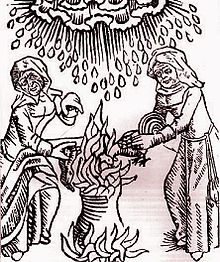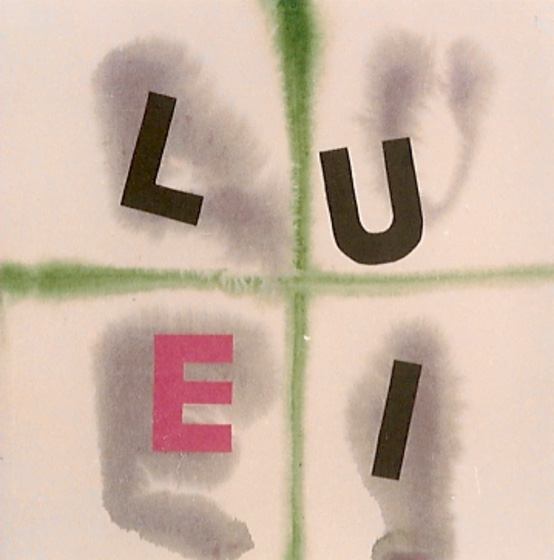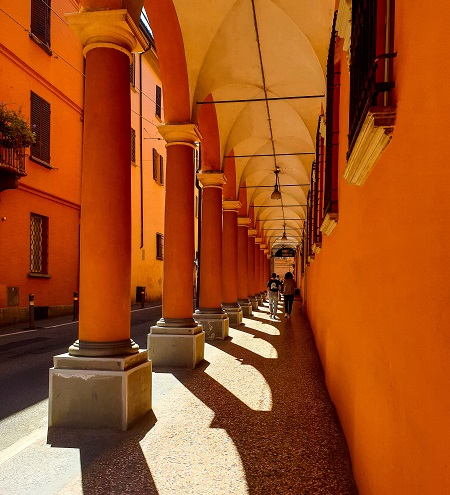 Fra le varie storie e leggende che circolano a Calcata, gli abitanti raccontano che nei tempi antichi, alla fine del mese di ottobre, vi avveniva un grande raduno di streghe. Queste storie probabilmente sono un retaggio di riti pagani in cui si celebravano gli dei e la natura (la città italiana che vanta il più famoso raduno delle streghe è Benevento).
Fra le varie storie e leggende che circolano a Calcata, gli abitanti raccontano che nei tempi antichi, alla fine del mese di ottobre, vi avveniva un grande raduno di streghe. Queste storie probabilmente sono un retaggio di riti pagani in cui si celebravano gli dei e la natura (la città italiana che vanta il più famoso raduno delle streghe è Benevento).
Tuttavia, sulla scia delle antiche streghe, ogni anno a Calcata si celebra un coloratissimo Halloween la notte del 31 Ottobre.
Ufficialmente, in Italia il giorno della celebrazione dei defunti è il 2 novembre.
E tu? Osservi queste tradizioni?
Credi nelle leggende?
Among the many stories and legends that circulate in Calcata, residents say that in ancient times, at the end of October, there occurred a large gathering of witches. These stories are probably a remnant of pagan rituals that celebrated the gods and nature (the Italian city that boasts the most famous gathering of witches is Benevento.)
However, in celebration of the ancient witches, every year in Calcata a colorful Halloween is held on the night of October 31st.
Officially, in Italy the Day of the Dead is November 2nd.
And you? Do you celebrate these traditions?
Do you believe in legends?
To practice Italian this week we invite you to read, watch and test…
PRACTICE HERE: Italian/English Version
Para practicar el idioma italiano esta semana te invitamos a leer, mirar y testar…
PRACTICA AQUÍ: Versión Italiano/Española
image source: wikipedia.org


 Fra le varie storie e leggende che circolano a Calcata, gli abitanti raccontano che nei tempi antichi, alla fine del mese di ottobre, vi avveniva un grande raduno di streghe. Queste storie probabilmente sono un retaggio di riti pagani in cui si celebravano gli dei e la natura (la città italiana che vanta il più famoso raduno delle streghe è Benevento).
Fra le varie storie e leggende che circolano a Calcata, gli abitanti raccontano che nei tempi antichi, alla fine del mese di ottobre, vi avveniva un grande raduno di streghe. Queste storie probabilmente sono un retaggio di riti pagani in cui si celebravano gli dei e la natura (la città italiana che vanta il più famoso raduno delle streghe è Benevento).




 I verbi sono “parole d’azione” e sono molto utili quando si parla: indicano quale azione avviene (o è avvenuta o avverrà). Per parlare fluentemente, bisogna avere la coniugazione dei verbi sempre pronta “sulla punta della lingua”.
I verbi sono “parole d’azione” e sono molto utili quando si parla: indicano quale azione avviene (o è avvenuta o avverrà). Per parlare fluentemente, bisogna avere la coniugazione dei verbi sempre pronta “sulla punta della lingua”. Il grande pittore Caravaggio aveva un caratteraccio e non esitava ad usare la violenza. Questo fatto lo mise molto spesso in seri guai.
Il grande pittore Caravaggio aveva un caratteraccio e non esitava ad usare la violenza. Questo fatto lo mise molto spesso in seri guai. Riesci a percepire che il prezzemolo è allegro, il basilico un po’ snob e le zucchine pericolose? (Perché se cucinate bene le zucchine sono eccezionali ma se non le prepari bene possono essere molto tristi…)
Riesci a percepire che il prezzemolo è allegro, il basilico un po’ snob e le zucchine pericolose? (Perché se cucinate bene le zucchine sono eccezionali ma se non le prepari bene possono essere molto tristi…)